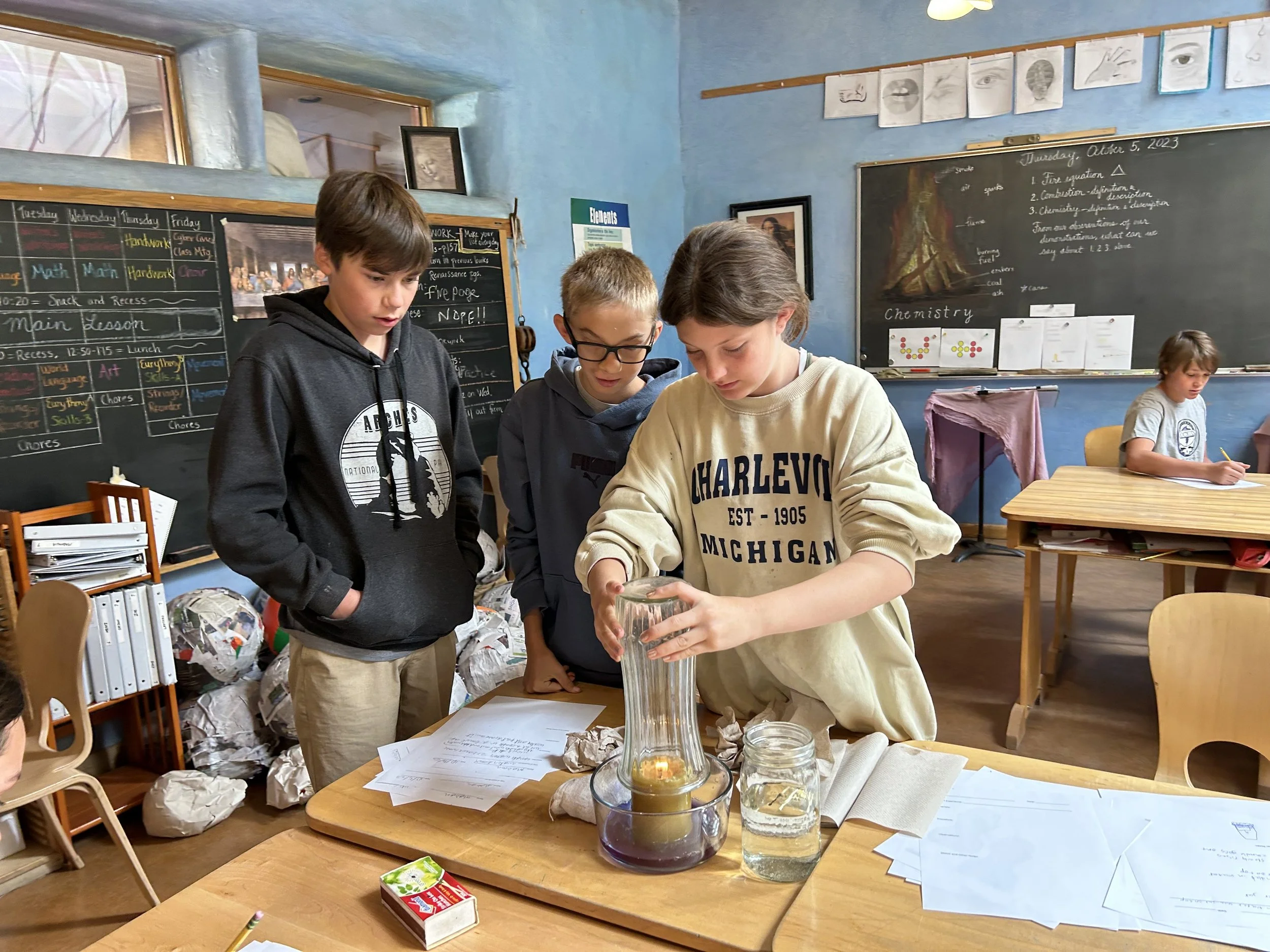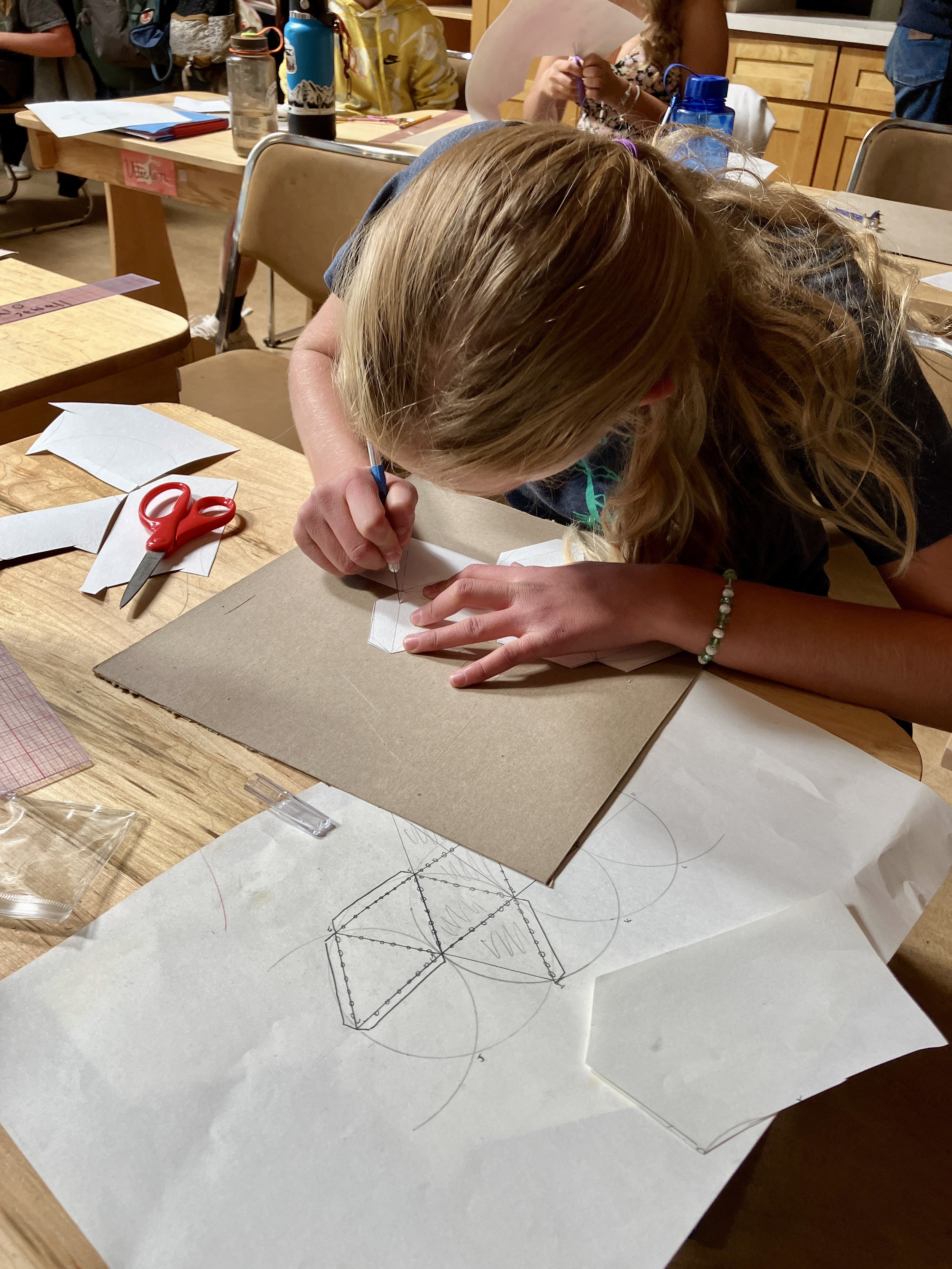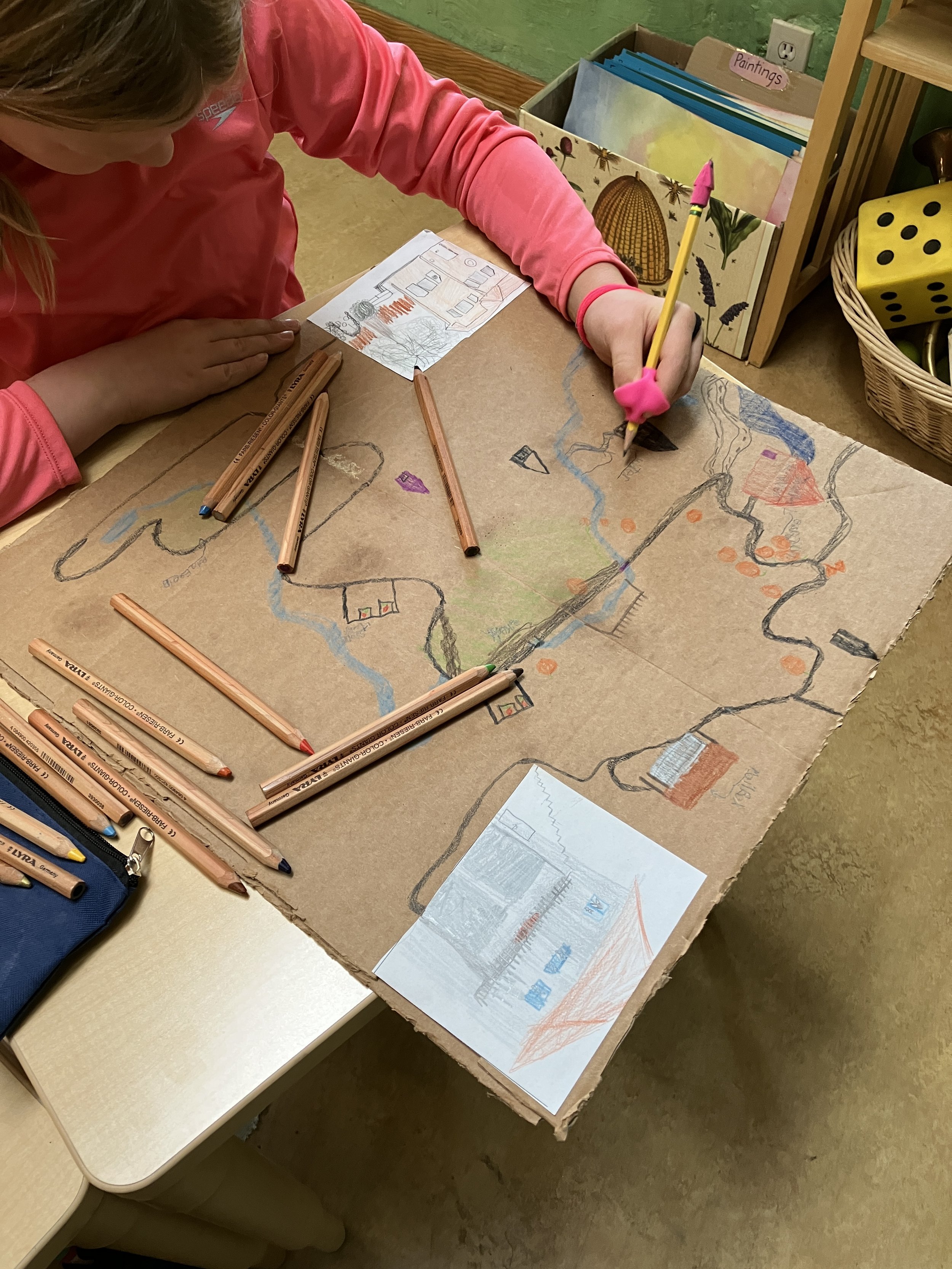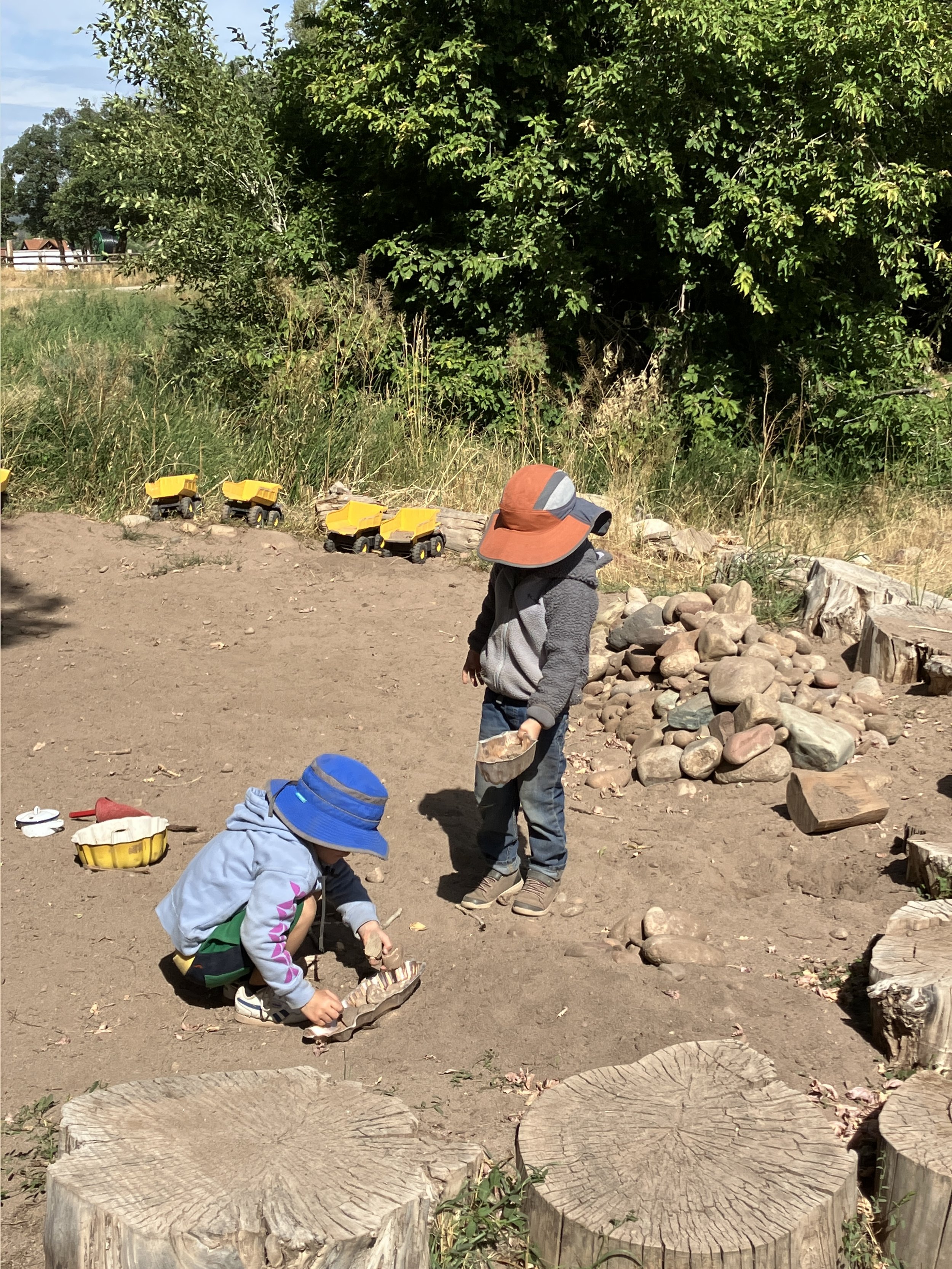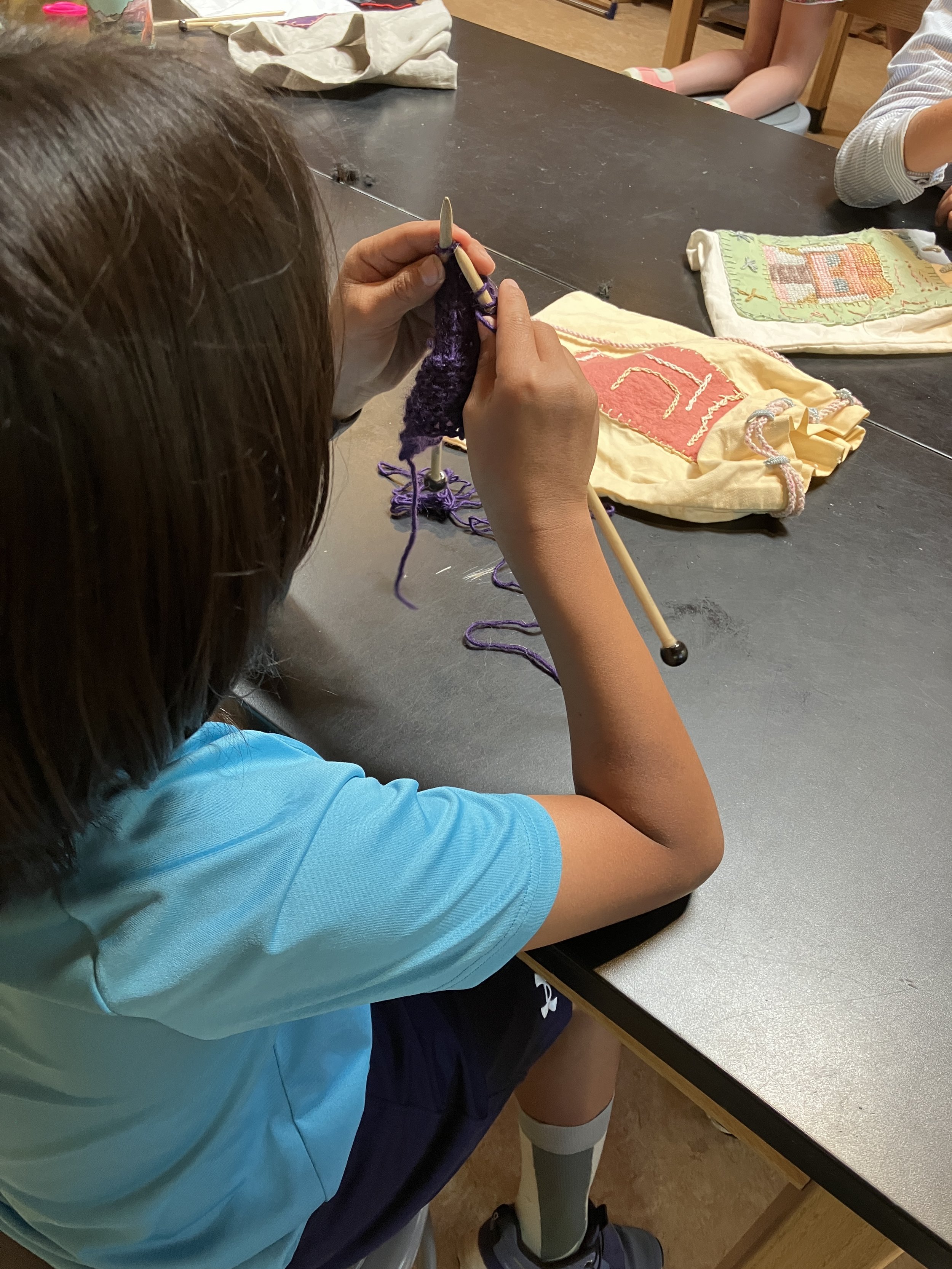In Education: Why Resilience Matters
In a world that’s rapidly changing, flexibility and resilience are on the rise as hot topics in education. With the growing focus resilience, research has also increased to dig deeper into why this human capacity matters so much.
According to an article from the National Library of Medicine, “Resilience is defined as the capacity of a system to adapt successfully to challenges that threaten the function, survival, or future development of the system.” The article continues on to note, “One of the most important implications of this definition is the idea that the resilience of a developing person is not circumscribed within the body and mind of that individual. The capacity of an individual to adapt to challenges depends on their connections to other people and systems external to the individual through relationships and other processes.”
In other words, it is possible to nurture the growth of resilience in students. By presenting students with challenges that push them to ask questions, by delivering learning in different modes that calls on flexible thinking and by giving students the chance to step outside their comfort zone, their resilience is pushed to new limits.
Research from the National Library of Medicine also notes, “Research on resilience in children suggests three basic strategies for intervention: reduce or mitigate risk; boost assets or reduce barriers to promotive factors for child health and development; and nurture, mobilize, or restore as needed the fundamental and powerful adaptive systems that generate capacity for resilience over the life course.”
In other words, building an environment where students feel safe, predictable learning patterns and multi-sensory learning challenges all support the growth of resilience in students.
Waldorf Education is an intentionally balanced approach to teaching with the goal of graduating happy, healthy, and resilient young people. We interweave academics, artistic activities, movement and outdoor time in a way that reduces stress and enhances learning. We provide rhythm for each day, season and year which builds confidence and ensures that students feel secure. Social-emotional learning and problem solving are integrated throughout our curriculum so children develop the skills they need to thrive, including resilience.

